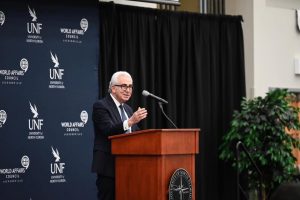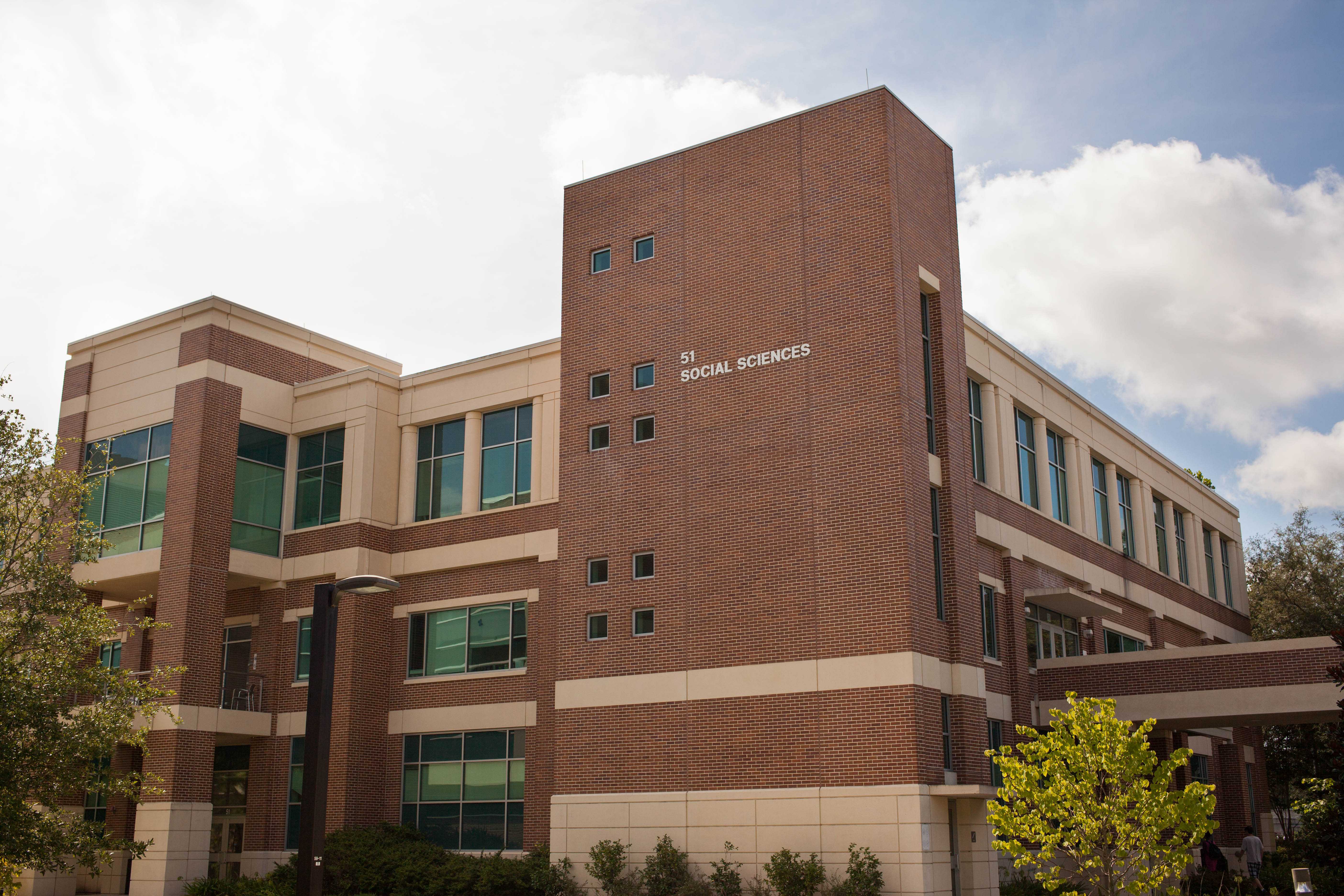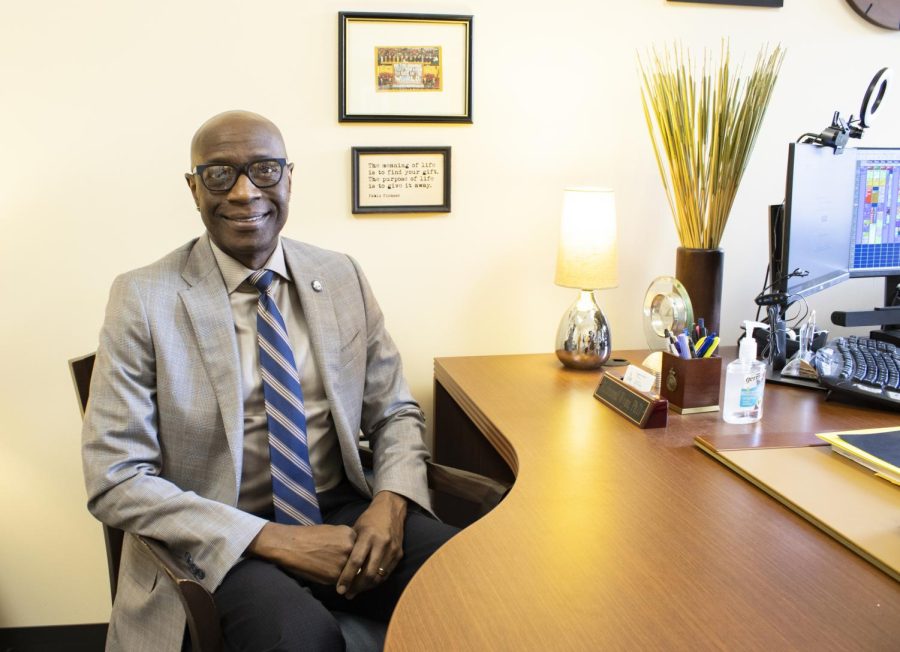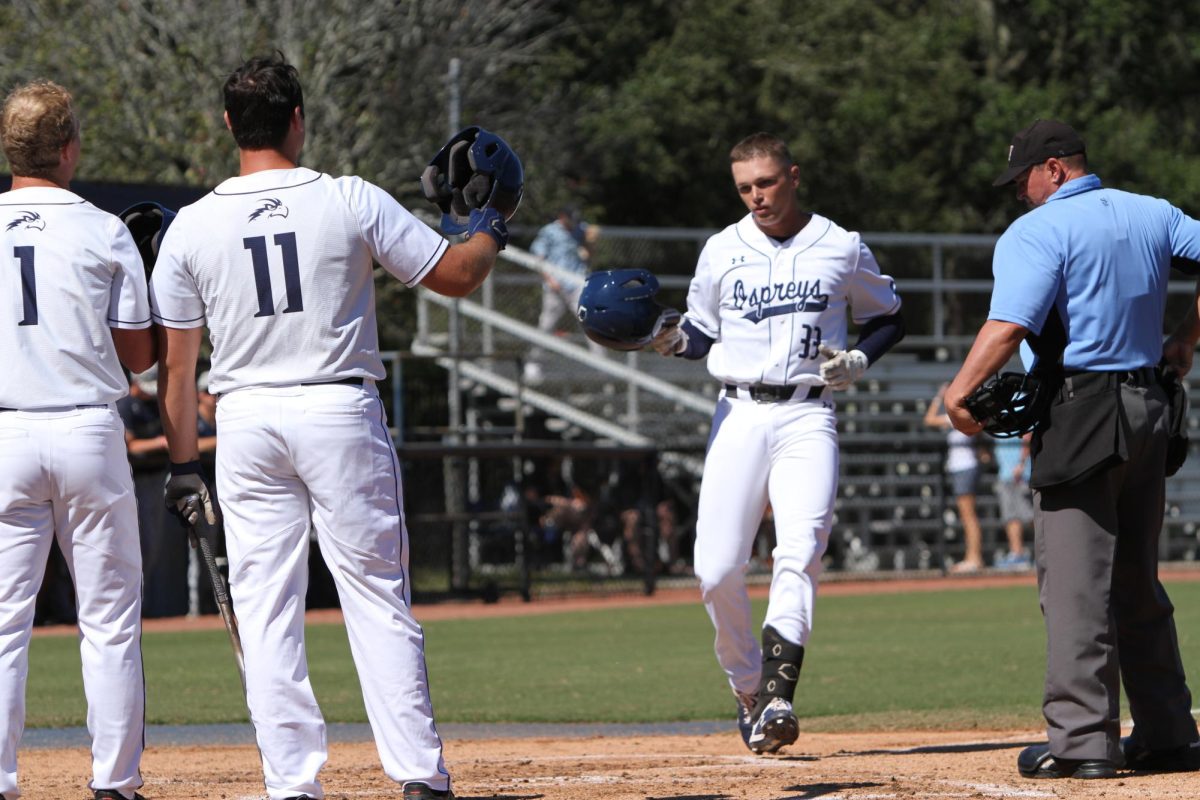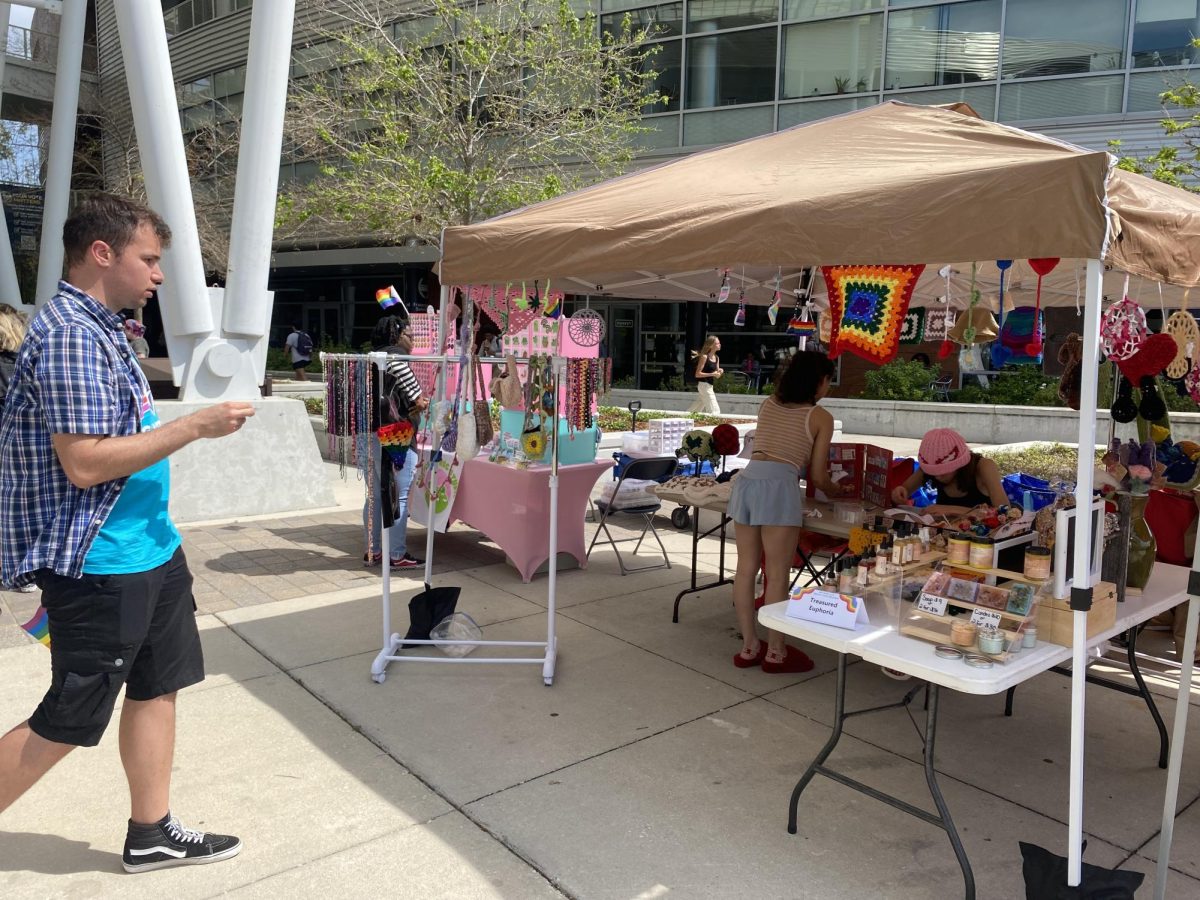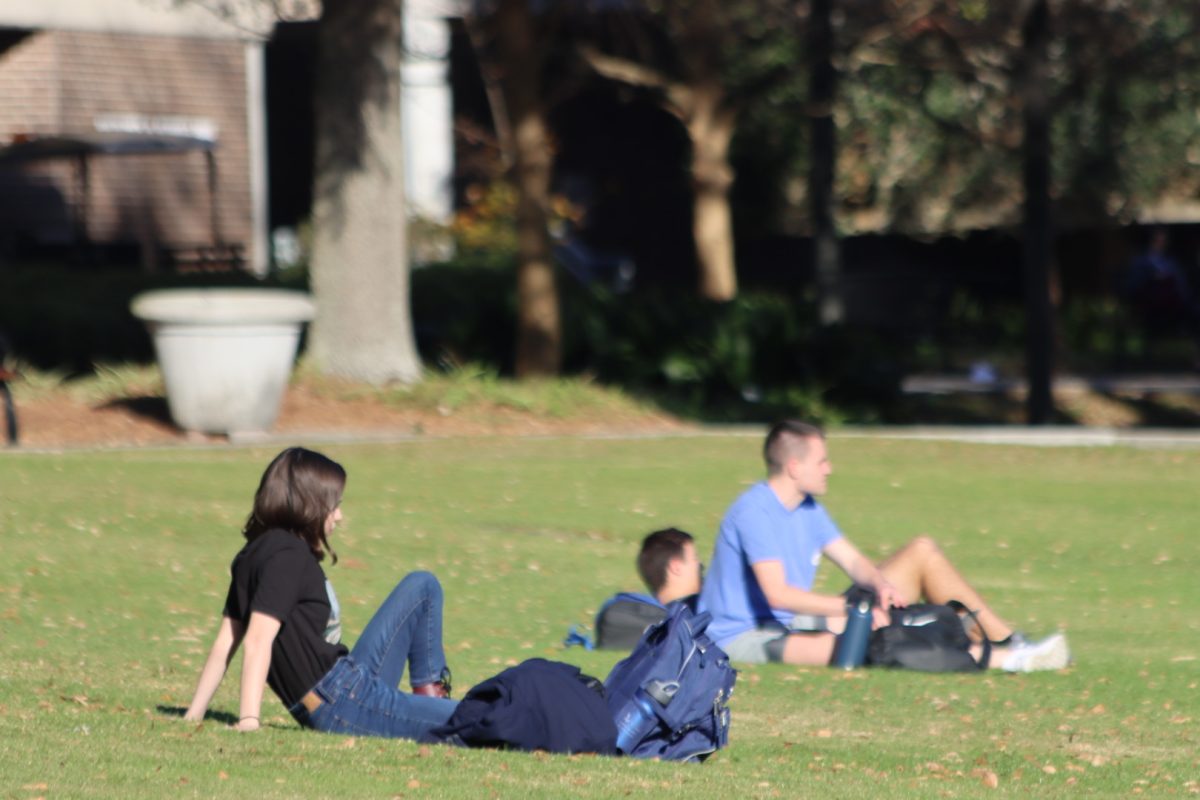In the past few years, several UNF students have died from these causes.
Garth Sangree, a UNF mechanical engineering sophomore, died earlier this year from an accidental drowning, according to officials. In April, sophomore accounting major John C. Leone died from serious bodily injury after a hit-and-run traffic accident.
UNF has also recently seen deaths from suicide and homicide. Abraham Noel, a communications junior, died by suicide in April 2014. And on Aug. 28, UNF senior Nicholas Hare died from gunshot wounds in a homicide-attempted suicide.

According to Dr. Julie Merten, associate professor and internship director in the Department of Public Health at UNF, despite the fact that the CDC uses broad categories such as unintentional injury to identify causes of death, the most common can be narrowed for college students.
“It depends on the source that you look at, but it’s pretty consistent with the top three,” Merten said of students’ most common cause of death. “You’ll see traffic accidents, and about half of those are related to alcohol, you’ll see suicide and then you’ll see other alcohol-related, and that would be something like overindulging accidents, that sort of thing.”
While these are the most common causes of death for students, their deaths do not account for a significant amount of the deaths in the U.S. According to the CDC, people ages 15-29 who died in 2013 account for 1.9 percent of the total number of deaths in 2013.
Merten conducts a health behavior study annually at UNF. She said that the study has found some alarming information about students’ health outside of causes of death.
Merten said that they are seeing a lot of problems with lack of physical activity and poor nutrition, which is leading to increased BMIs, as well as increasing levels of stress among students.
“You’ve got a lot to manage as a college student,” Merten said. “You’ve got classes, a lot of students are working full time, taking care of families, parents. We have a lot of people who have children, and they’re managing families as well. So we are seeing stress pop up on our survey.”
Merten explains that one question on the survey, while it is not intended to act as a diagnosis of depression, asks students if they have experienced feelings of hopelessness for two consecutive weeks over the past year. Merten said that based on responses at UNF, it looks like about 40-45 percent of students are indicating that they feel that way.

This number has increased over the past few years. In 2011, 30 percent answered yes to the above question; in 2012, 32 percent did; and in 2013, 35 percent of students surveyed answered yes.
Additionally, Merten said that the UNF survey supports the high number of traffic fatalities seen by college students.
“One of the more alarming findings was the texting while driving, and we’ve found that between 30 to 40 percent of students are texting while the vehicle is in motion,” Merten said.
For students who are concerned about their health or interested in more information, there are several resources available on campus.
The UNF Counseling Center is available to help students with mental health concerns, including stress management, eating disorders, substance abuse problems, depression and other issues, through individual appointments, group therapy and outreach to the UNF community. Students can call 904-620-2602 during office hours, and can contact the after-hours hotline 24/7 by calling 904-620-2602 and selecting option #2.
Healthy Osprey is a part of UNF Health Promotions that works to promote healthy lifestyles on campus through educating people about nutrition, exercise, and other health-related issues. Contact Health Promotion at 904-620-1570 or [email protected] for more information.
—
For more information or news tips, or if you see an error in this story, contact [email protected]



